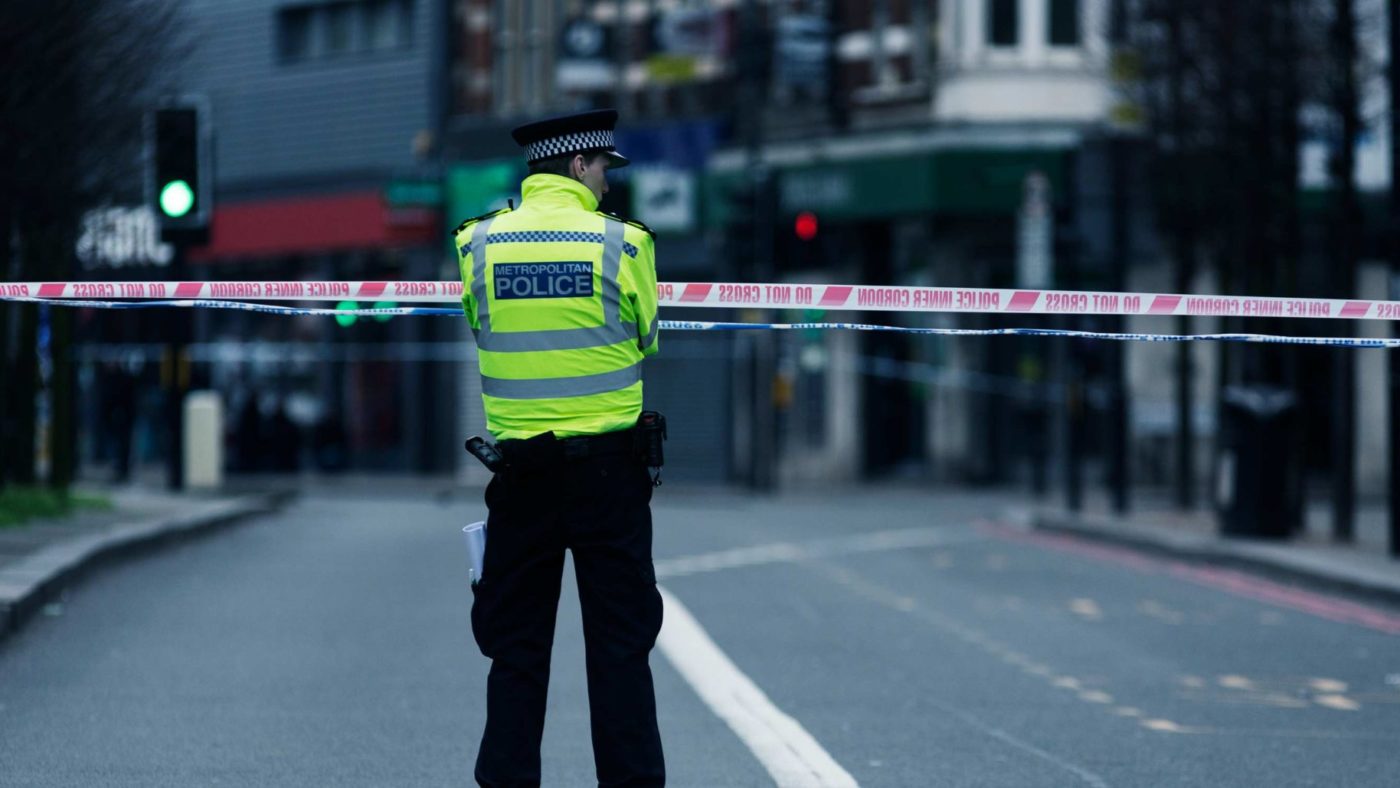Earlier this week The Times revealed that counter-terrorism police officials are considering dropping the term “Islamist” for religiously-motivated terrorist attacks carried out by Muslim fundamentalists, following calls by the National Association of Muslim Police (NAMP).
Rizwan Mustafa, a former West Midlands police officer and currently a lecturer at the University of Huddersfield, suggested that British Muslims working in counter-terrorism were uncomfortable with terms such as “Islamism”. Instead, a number of supposedly more suitable descriptors have been proposed – including “faith-claimed terrorism”, “terrorists abusing religious motivations”, and “adherents of Osama Bin Laden’s ideology”. Mustafa argues that “organisational figureheads” should be used as points of association, as opposed to attacks being directly attributed to organisations who may claim responsibility for them – such as Islamic State and Al-Qaeda.
Exposing the degree to which such calls are driven by feelings of grievance, the NAMP have suggested that the religious motivations behind Christian-fundamentalist terrorist attacks are rarely, if ever, described. This is demonstrably untrue. For instance, the report published by the Henry Jackson Society on the ideological content of far-right terrorist manifestos, clearly fleshes out the Christian-fundamentalist motivations behind the deadly April 2019 Poway synagogue shooting. The report critically analyses the “anti-Jewish Christian fundamentalism” contained in John Earnest’s pre-attack manifesto, where he blames Jews for the “murder of the Son of Man” – Jesus Christ. Indeed, Earnest justifies his actions on the grounds that he is protecting ‘his people’ in the spirit of Christian compassion.
This gets to the heart of the matter. We need to be honest and transparent over the religious motivations behind terrorist attacks. Whether it is the 7/7 Islamist terrorist attacks in London, anti-Semitic Christian-fundamentalist terrorist attack in Poway, instances of Hindu-nationalist “saffron terror” such as the 2007 Ajmer Dargah blast, the 1987 anti-Hindu Fatehabad bus killings carried out by pro-Khalistan Sikh terrorists, acts of Jewish terror such as the 2015 Duma village firebombing of a Palestinian family home, or the Buddhist-nationalist Bodu Bala Sena encouraging acts of terror against Sri Lanka’s Muslim-minority population, there needs to be an openness about ideological motivations and why certain groups have been and continue to be targeted.
A reluctance to acknowledge the specific religious motivations behind both historical and more contemporary acts of terror makes it more difficult to develop social initiatives, political strategies and security arrangements designed to contain their possible spread in the future. Empty platitudes over the peacefulness of religions do not achieve much when it comes to maximising public security and community safety.
There is, of course, a bigotry of low expectations involved in all this. The insinuation behind the ‘Islamism’ row is that a significant number of law-abiding British Muslims are offended by such terms. This is a classic case of unrepresentative identitarian-leftism taking up an altogether disproportionate level of attention – looking to seize control of narratives surrounding counter-terrorism in the UK. Part of this includes adopting censorious approaches designed to police language which supposedly offends group-identity sensitivities.
The virus of identity politics is infecting the form and function of a great number of our public institutions. But as I have pointed out before, there is no room for such virtue-signalling behaviour in matters of counter-extremism and national security. There is also a risk of a cultural backlash against attempts to obscure the nature of Islamist-inspired terror. Indeed, it’s exactly the kind of wrongheaded idea that will undermine institutional trust across working-class white British communities. Far-right organisations are only too eager to capitalise on brewing forms of anti-authority sentiment, stoked by the perceived mismanagement of large-scale cases of child sexual abuse.
And while far-right extremism is reported to be the “fastest-growing” terror threat, Islamist extremism very much remains the UK’s most significant terror threat. Counter-terrorism officials expending their time and energy on how certain terrorist attacks and perpetrators should be labelled, is a fundamental waste of energy.
Click here to subscribe to our daily briefing – the best pieces from CapX and across the web.
CapX depends on the generosity of its readers. If you value what we do, please consider making a donation.


